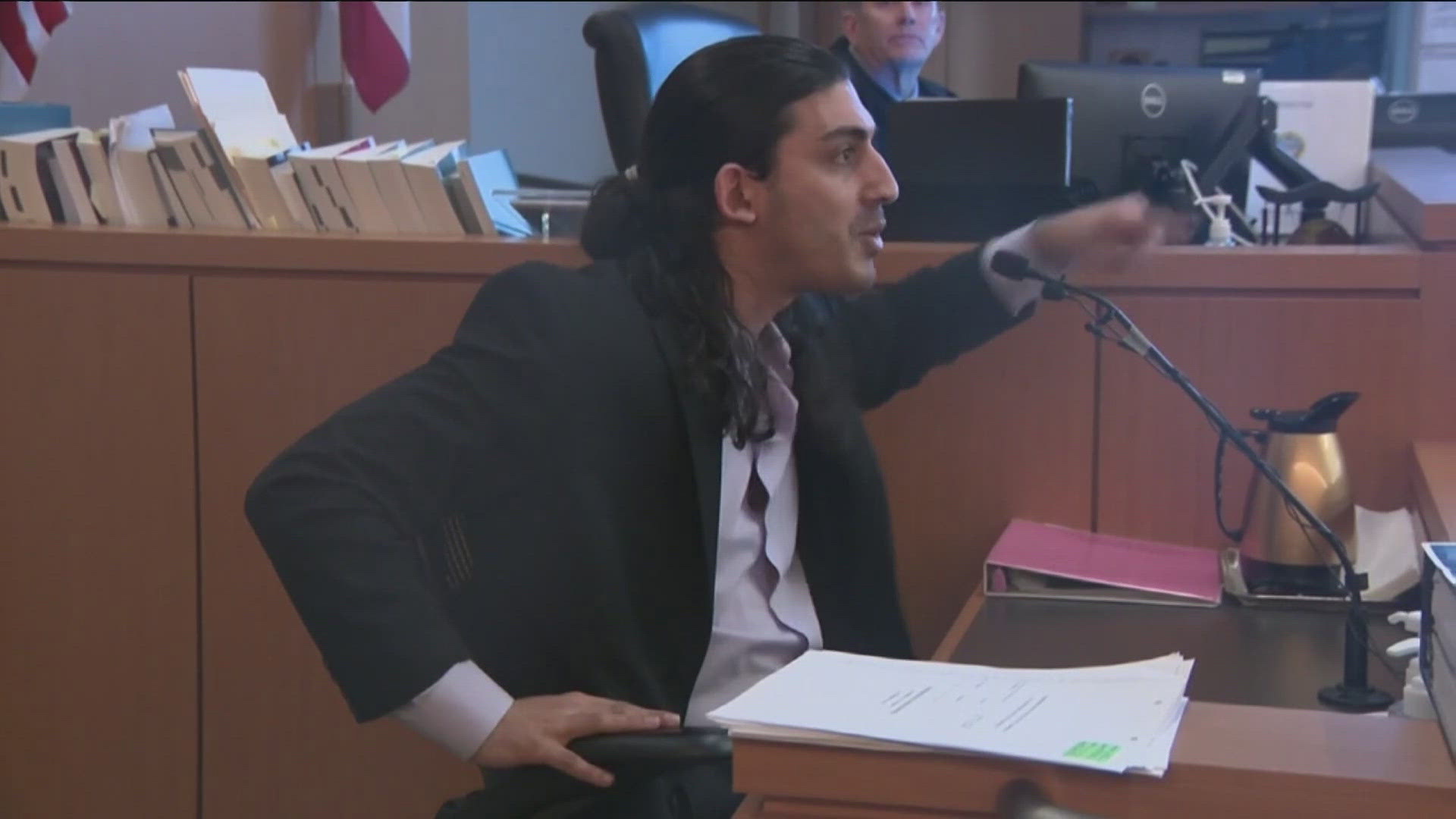SAN DIEGO COUNTY, Calif — Have you or someone you know experienced hazing at one of the many universities throughout San Diego County? News 8 would like to hear from you for an upcoming project.
If you or someone you know experienced hazing while attending SDSU, USD, UC San Diego, Point Loma Nazarene, CSU San Marcos or any student organizations throughout San Diego County, please contact us.
Direct all questions, comments or statements to Jmolmud@KFMB.com and someone will reach out to you shortly.
The issue of hazing is long-documented locally and nationally. With the upcoming college term returning to in-person activities, many experts told News 8 the concern for student safety is stronger than ever.
Hazing is punishable by California law as a misdemeanor and even a felony if the victim dies. Punishments can range from a $100 fine to $5,000; imprisonment for such an offense can last up to one year.
Acts of hazing include anything from forced payments for initiation to physical punishments and illegal actions in order to join a social club.
Greek organizations and sporting teams are known harbors of hazing. The documentation goes back to the early 19th century. Since 1838, around 275 hazing deaths have been recorded, according to Hank Nuwer, a hazing expert journalist, author and professor emeritus at Franklin College.
Hazing hits hard in San Diego, most notably with the death of San Diego State Phi Gamma Delta Pledge Dylan Hernandez, who died the night after his fraternity’s "big-brother" reveal party.
He died after the party, suffering a fatal fall from his bunk bed. His blood alcohol content was .23% around the time he left the party.
Though SDSU Police and the San Diego County District Attorney joined together to say no hazing charges would be brought in a case against Dylan’s former fraternity, the school later sanctioned that same fraternity to eight student policy violations, including hazing.
A lawsuit later filed by the Hernandez family states Dylan was hazed by his brothers just prior to his death.
Greek organizations have continued to haze even during the COVID-19 pandemic, university documentation shows.
A fraternity chapter at University of San Diego was just sanctioned to a combined probation/suspension for violating six counts of student policy, including hazing.
Before Hernandez died at his residence hall at SDSU, another fraternity on campus was in trouble for hazing allegations.
The chapter of Theta Chi at SDSU was booted from its house by the national organization of Theta Chi around December of 2019, one month after Hernandez died after a pledging event.
A 2008 survey found 55% of college students experienced some kind of hazing. This is not exclusive to just fraternities. Sororities and sporting teams have been found to haze over the decades.
Direct all questions, comments or statements to Jmolmud@KFMB.com and someone will reach out to you shortly.



